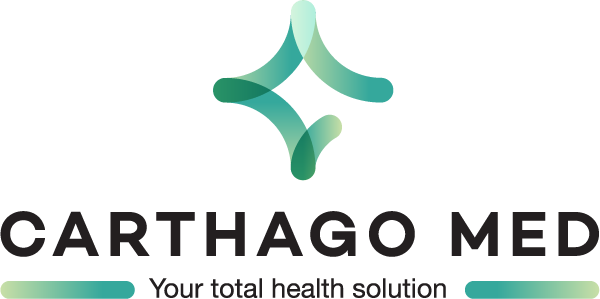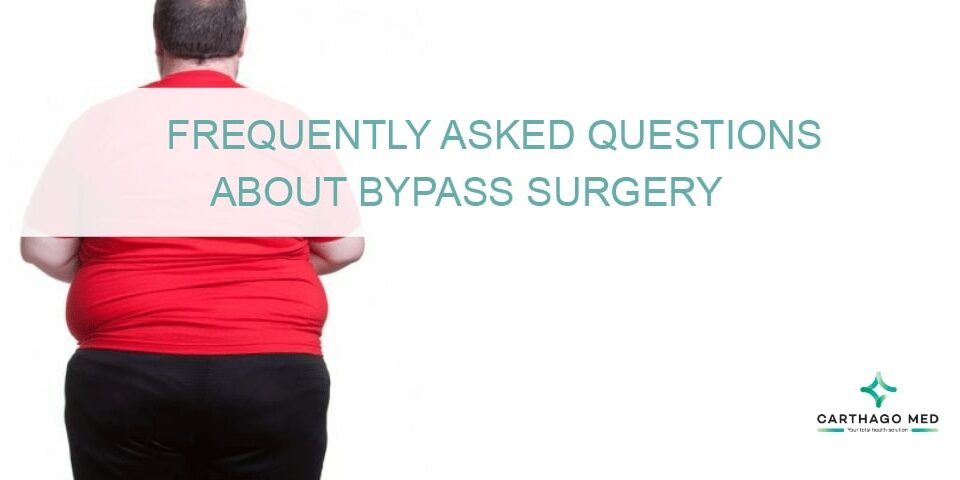
HOW TO EAT AFTER A SLEEVE GASTRECTOMY?
Following a procedure of obesity surgery, in particular a sleeve gastrectomy, it is essential to adopt a new lifestyle, to benefit from a stable and durable result and avoid complications. Among the strict new rules to respect, we have those related to food: how should you eat after a sleeve? What are the quantities during meals? And which foods should be avoided? The answers follow in this article.
What should be included in the diet during the first weeks after undergoing a gastric sleeve procedure?
Eating after a bariatric procedure must be done in phases. The important thing is to allow the body to get used to the changes, to gradually find comfort during meals, and to avoid pain and complications. Here is the program that is generally followed by patients after a sleeve gastrectomy. However, patients should keep in mind that each person is unique. You should pay close attention to the state of your stomach, and you should stop eating immediately when you feel full:
In the immediate post-surgery period, typically within the confines of the clinic, your dietary intake is limited to clear liquids such as water, herbal tea, and clear vegetable broth.As you progress through the initial 4 weeks, your diet will transition to liquid foods, incorporating items like smooth soups, thin liquid yoghurts, and liquid compotes. Moving into weeks 5 and 6, a gradual introduction of a wider range of foods is permitted, albeit in blended form. This phase involves incorporating purees and diversifying blended foods, maintaining a semi-liquid and sugar-free diet.By week 7, you can progress to incorporating vegetables and chopped meats into your diet, with an emphasis on choosing softer textures for easier digestion. Subsequent to these specific phases, the goal is to steadily reintegrate into a normal diet, all the while being attentive to your body’s signals and digestive capacities. Each food item should be reintroduced gradually, allowing you to gauge and adapt to your evolving nutritional needs. This thoughtful approach is essential for ensuring a successful and sustainable post-bariatric surgery dietary routine.
What are the quantities of food after a sleeve gastrectomy?
One of the major changes following a sleeve gastrectomy is that you will only be able to consume small quantities at meals. You will feel fuller more quickly since the volume of the stomach has been considerably reduced. But this reduction in the amount of food is necessary in order not to risk dilating your new stomach, and to avoid discomfort and digestion problems. You will be able to divide your daily diet into 6 foods per day, but you must wait at least 2 hours between each meal.
A little tip: use small dessert plates, so you will have an idea of how much you should not exceed at each meal.
In addition, you will have much less hunger during the day, since the part of the stomach removed during the operation includes the hormone that stimulates appetite. These are the mechanisms that will help you reduce the amount of food you eat and lose weight effectively over the long term.
What foods should be avoided after a sleeve gastrectomy?
After a sleeve gastrectomy, your surgeon and your nutritionist will tell you what foods to stop eating in order to avoid complications and new weight gain (and thus avoid returning to the clinic to have another obesity surgery). Generally speaking, once the first few weeks are over, the patient can manage a little bit of everything: meat, vegetables, poultry, fish, fruit… Fatty foods should be avoided, as well as all kinds of sweet food: pastries, sweets, etc. This prohibition also applies to soft drinks and any type of sweetened beverage. Alcoholic beverages should be avoided as much as possible, or even permanently banned. But the most important thing is to take your time during meals, to take small bites and to chew well before swallowing. Note that during the first few weeks after surgery, certain vegetables that are rich in fiber or cause gas should be avoided, but they can be reintroduced into your diet little by little afterwards; among these vegetables we find cabbage in all its varieties, as well as legumes, such as chickpeas, soybeans or beans.

What are additional tips to consider for your diet following a sleeve procedure?
In addition to strictly following the instructions given to you by your dietician and your surgeon, you will have to follow new rules and adopt new habits that will allow you to achieve the desired weight loss while enjoying maximum comfort and well-being in your daily life:
Pay close attention to the sensations given by your stomach, as you should always be attentive to what your body communicates. If you feel that you are full enough and that consuming more food might harm your stomach, it’s crucial to stop eating until the next meal. Moreover, if you experience persistent discomfort or pain in your stomach, do not delay seeking urgent medical attention. When it comes to beverages, soft drinks and sugary drinks should be eliminated from your diet. Instead, consider replacing them with healthier options like vegetable juice or flavored water without added sugar. Another important aspect to consider is refraining from drinking before meals. Following a sleeve gastrectomy, the goal during meals is to prevent uncomfortable situations and actions that may lead to complications or vomiting. Therefore, it is advisable to avoid consuming water before meals, ideally about half an hour beforehand, to ensure that your stomach is not filled with water when you sit down to eat.In addition to adhering to your new diet, incorporating regular physical activity is essential. While adhering to the dietary guidelines is crucial post-bariatric surgery, achieving the most satisfactory results also requires adopting a regimen of consistent physical activity. Once you have obtained approval from your surgeon, gradually reintroduce activities such as walking or jogging into your routine to promote overall health and well-being.
The journey after a gastric sleeve procedure involves a carefully planned diet and lifestyle adjustments. Following these guidelines, along with regular consultations with healthcare professionals, contributes to a successful recovery and long-term maintenance of a healthy weight.









